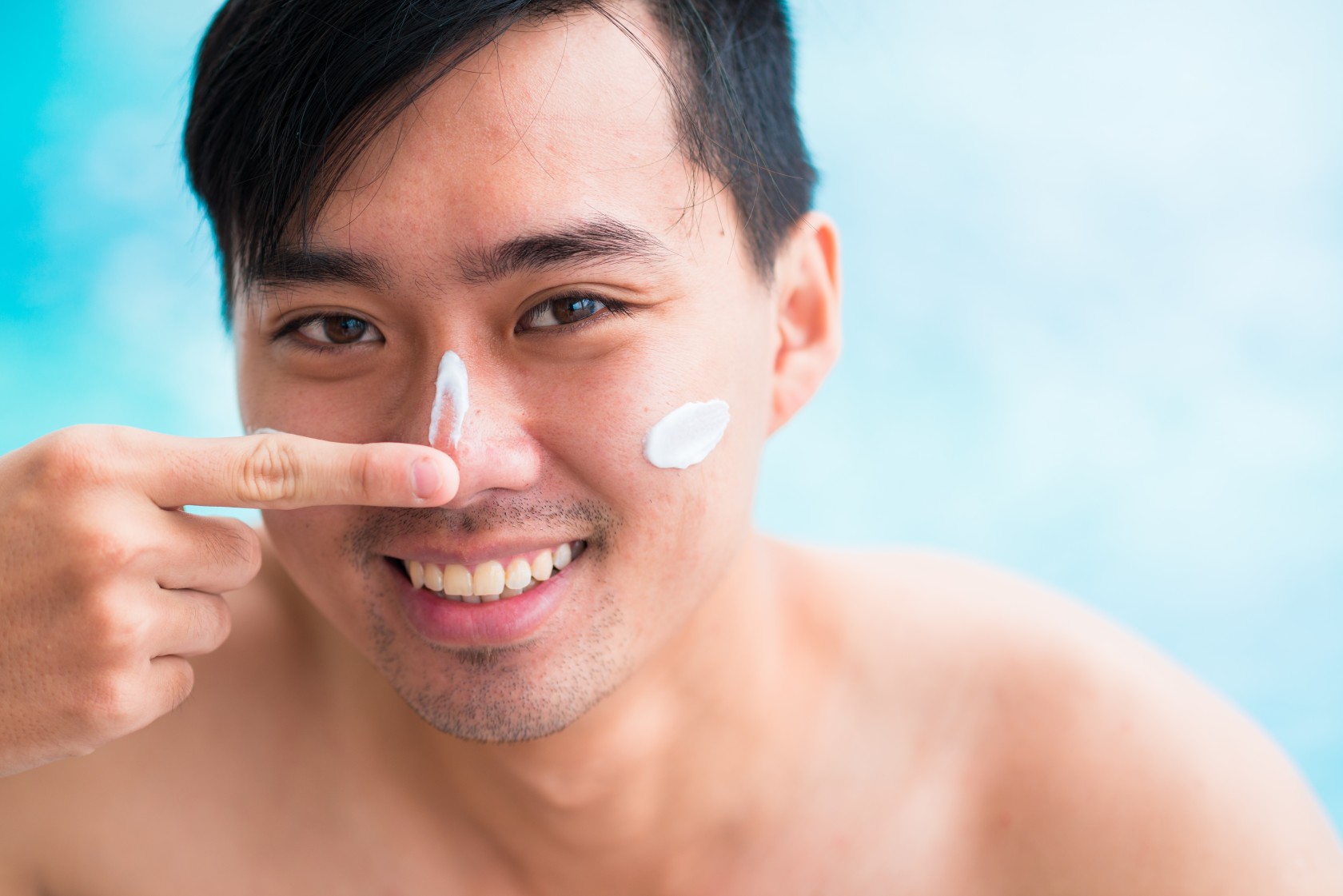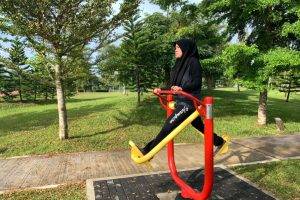PSA: Medical Channel Asia (MCA) is now on Telegram! Join us here https://t.me/MedicalChannelAsia for daily reads and the latest updates at your fingertips!
Who Should Apply Sunscreen?
Everyone should apply sunscreen everyday, all year long. Sunscreen is one of the most essential skincare steps, apart from cleansing and moisturising.
If you belong to any of the following groups of people, it is even more crucial that you apply it:
- Fair-skinned people (as they are likely to absorb more solar energy than dark-skinned people under the same conditions)
- People taking medications that may increase sun sensitivity
- People who have been treated for skin cancer
- People with family member who has had skin cancer
Do note that sunscreens are not recommended for infants, as they are at greater risk of side effects such as rashes. The best protection for infants is to keep them out of the sun entirely, especially between 10am and 2pm when the sun rays are the most intense. When outdoors, stay in the shade and dress your infant in lightweight clothing, such as long pants and long-sleeve shirts and wear a hat with a brim that shades the neck.
Why Is It So Important For You?
We live in an environment that has ultraviolet (UV) rays. Even on an overcast day, up to 80 percent of the sun’s UV rays can get through the clouds. There are two types of UV rays. UVB rays are the main culprit for sunburn while both UVA and UVB rays contribute to skin cancer.
Fortunately, sunscreen is commonly available and helps to prevent sunburn, skin cancer and premature skin ageing (such as developing skin spots, wrinkles, or “leathery” skin). It is also helpful in medical conditions like melasma, post-inflammatory hyperpigmentation, sun spots and photo-aggravated dermatoses among others.
What Are The Different Types of Sunscreen?
Sunscreen can be classified according to the SPF (Sun Protection Factor) that it offers. It is a common misconception that SPF reflects the time you can spend under the sun without getting a sunburn. In fact, SPF is the amount of UV-B radiation that would cause sunburn on skin with sunscreen versus on bare skin. A sunscreen with higher SPF provides more protection against sunburn.
Sunscreens are available in different formulations, such as lotions, creams, sprays, gels and even powder form. There are also water resistant and non-water resistant types in the market. Water resistant sunscreens are required by the U.S. Food and Drug Administration (FDA) to state how long it would remain effective for when swimming or sweating. Do note that no sunscreen is “waterproof”, and all of it would eventually be washed off.
Sunscreen can also be differentiated into chemical versus physical sunscreen, depending on how it works to protect your skin.
How Does It Work to Protect Your Skin?
Sunscreen works via two different ways.
- Chemical sunscreens are absorbed into the top layer of the skin. They react with the skin to absorb UV rays and convert them into energy that does not harm the skin. This type usually contains active ingredients like avobenzone, octinoxate or oxybenzone.
- On the other hand, physical sunscreen contains zinc oxide and/or titanium dioxide. This type acts like a shield to protect your skin. It sits on the top of your skin and reflects the sun’s rays.
Which Sunscreen is Best for You?
Applying a broad-spectrum sunscreen (that protects from both UVA and UVB rays) with an SPF of at least 30 is the most important skincare tip that everyone can do.
You can also look at the label and find those sunscreen that are:
- Non-comedogenic (would not clog pores)
- Oil-free
- Paraben-free
- Fragrance-free
If you have sensitive skin, especially young children, you can opt for physical sunscreen as they tend to be less irritating to the skin and more moisturizing.
If you swim, play sports or sweat a lot during the day, a chemical sunscreen would be better for you as they are absorbed quickly into the skin. You can choose sunscreens that are labeled as water-resistant too.
Sunscreens that contain niacinamide (part of the Vitamin B3 family) are good if you would like to reduce the appearance of blemishes and discoloration on your skin.
Spray sunscreens are not recommended to be applied directly to the face. If you want a sunscreen for the face, you can buy those formulated as lotions or creams.
When is the Best Time to Apply Sunscreen?
Sunscreen is best applied at least 15 minutes before going outside. This would allow time for it to work for you and produce the maximum benefit. You should also reapply sunscreen at least every two hours. If you are doing sports, sweating, or swimming, you can reapply it more often. You may refer to the product label for specific instructions too.
For an average-sized adult or child, squeeze roughly 1 ounce/ 30 grams of sunscreen (an amount just enough to completely cover your palm or fill a shot glass) and apply it liberally to all uncovered skin. Do not miss out on applying on your nose, ears, back of the neck, arms and legs. Avoid applying sunscreen near your mouth and eyes as they may potentially get into your body.
Conclusion
Sunscreen is an essential skincare step that you should not forget. However, no sunscreen can completely block off the UV rays. Whenever possible, you can also wear wide brimmed hats, sunglasses or protective clothing for better protection against the sun. Lastly, try to stay in the shade and limit your time under the sun, especially between 10am to 2pm, when the sun’s rays are most intense.












